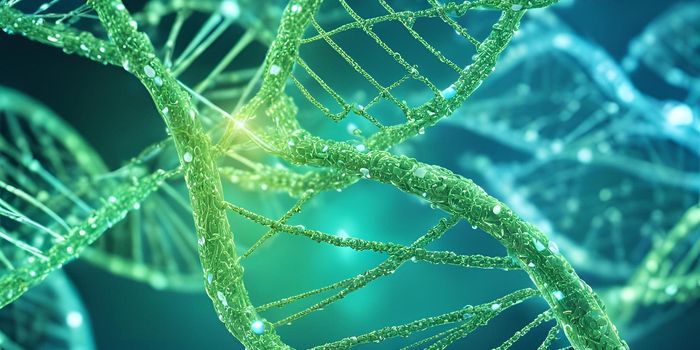Turkey, Tryptophan, and Cancer
As many people start to plan their Thanksgiving dinners, there will inevitably be a lot of talk about the turkey. Whether you prefer to brine, bake, or deep fry, one fact is constant: turkey is packed with tryptophan. Tryptophan has become infamous as the part of the Thanksgiving feast that makes everyone sleepy before even cutting into the pumpkin pie! You might be surprised to learn that in addition to making us drowsy, tryptophan also possesses many anti-cancer properties.
Tryptophan regulates the production of various proteins, enzymes, and neurotransmitters found throughout the body. The association between tryptophan and sleepiness is well established by several components generated by this versatile amino acid. Two of the hormones related to sleep made by tryptophan are melatonin and serotonin. Melatonin, helps sync our sleep-wake cycle and our circadian rhythm. Serotonin controls some of our sensations, such as appetite, sleep, mood, and pain. Further, the liver uses tryptophan to generate vitamin B3, a coenzyme required to convert nutrients into energy.
As an essential amino acid, the human body does not make tryptophan, so it must be consumed from animal or plant-based dietary sources. Foods rich in tryptophan include milk, tuna, chicken, oatmeal, cheese, nuts, fruits, chocolate, bread, and of course, turkey.
It turns out tryptophan is also essential to our immune health as the functional activities of many anti-cancer immune cells depend on tryptophan. With the intrinsic goal of growing and spreading, cancer cells have developed sophisticated mechanisms to prevent immune cells from tryptophan exposure. Cancer cells upregulate indoleamine 2,3-dioxygenase (IDO), an enzyme that breaks down the tryptophan around the tumor. The depletion of tryptophan drastically impacts the immune cells required for effective anti-tumor immunity.
When starved of tryptophan, effector T cells, the cells responsible for killing cancer cells, cannot proliferate and expand to the numbers necessary to fight cancer. Without tryptophan, these vital anti-tumor immune mediators are highly prone to dying. Dendritic cells, the cells enlisted to educate T cells to recognize foreign threats, including cancer cells, are inhibited under low tryptophan conditions. Additionally, IDO polarizes the immune system towards a pro-tumor environment by favoring subsets of immunosuppressive cells, including regulatory T cells.
This year, blame the carb-heavy dinner rolls or stuffing for your post-Thanksgiving dinner nap and give a nod to tryptophan for its vital role in promoting healthy and effective immune function.
Sources: Tryptophan, Melatonin, Serotonin, vitamin B3, essential, Foods, immune cells, (IDO), regulatory T cells.









